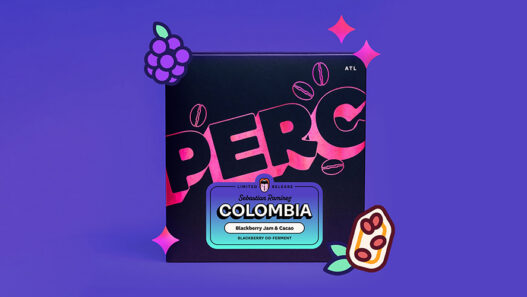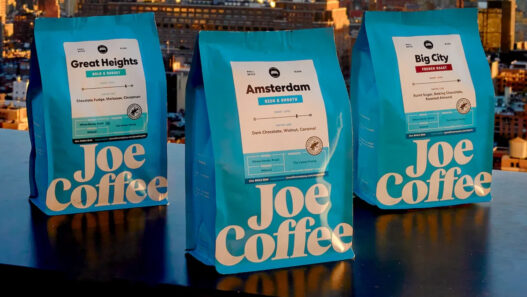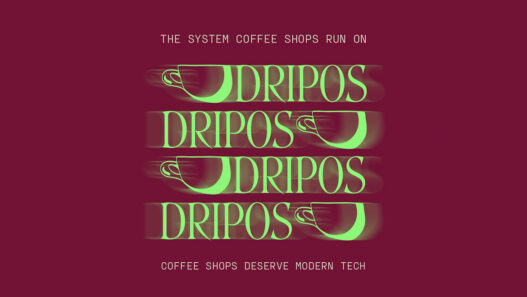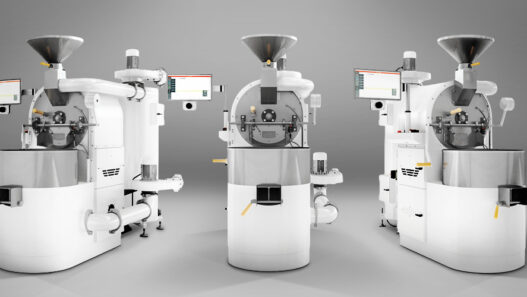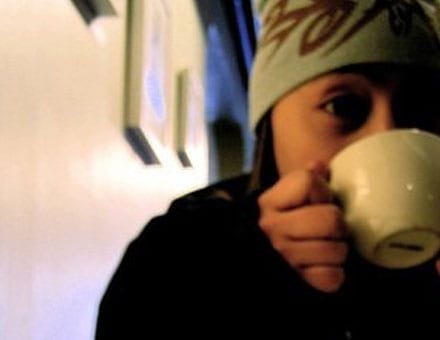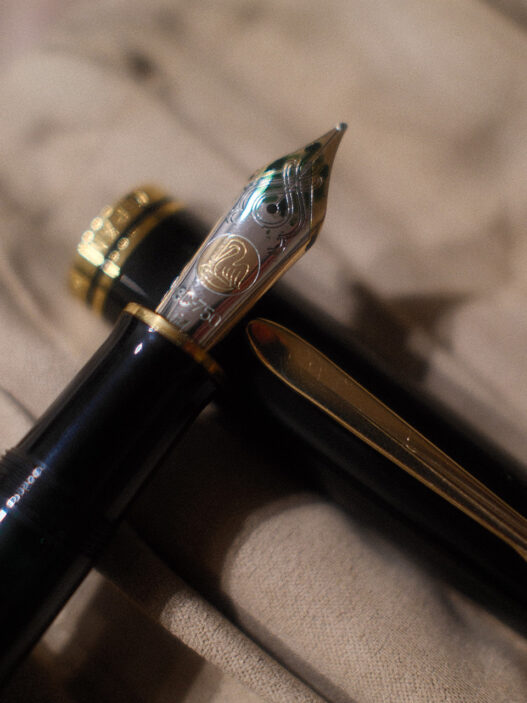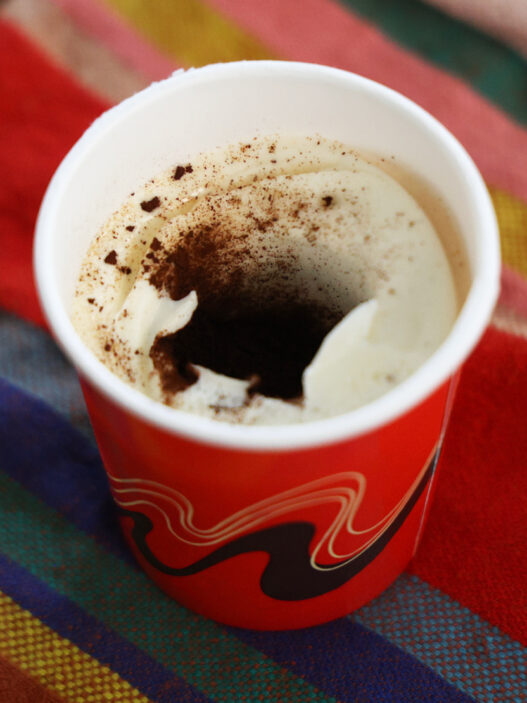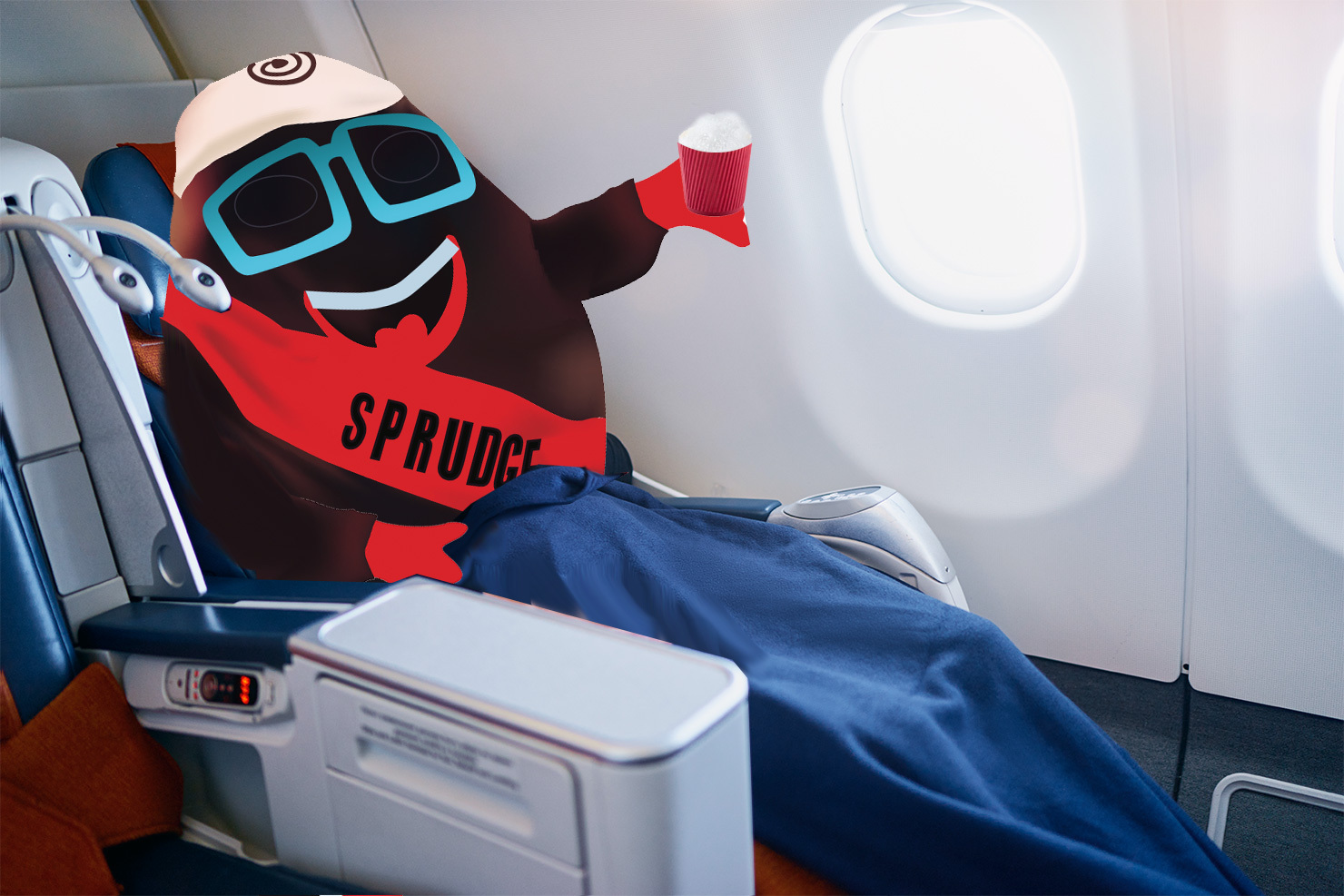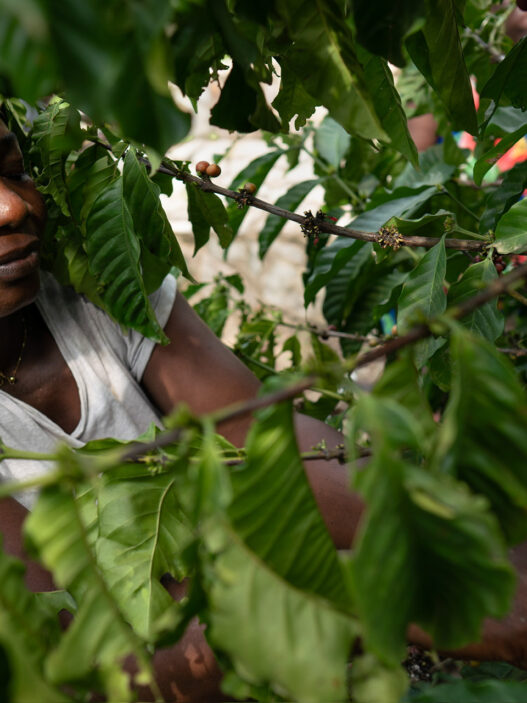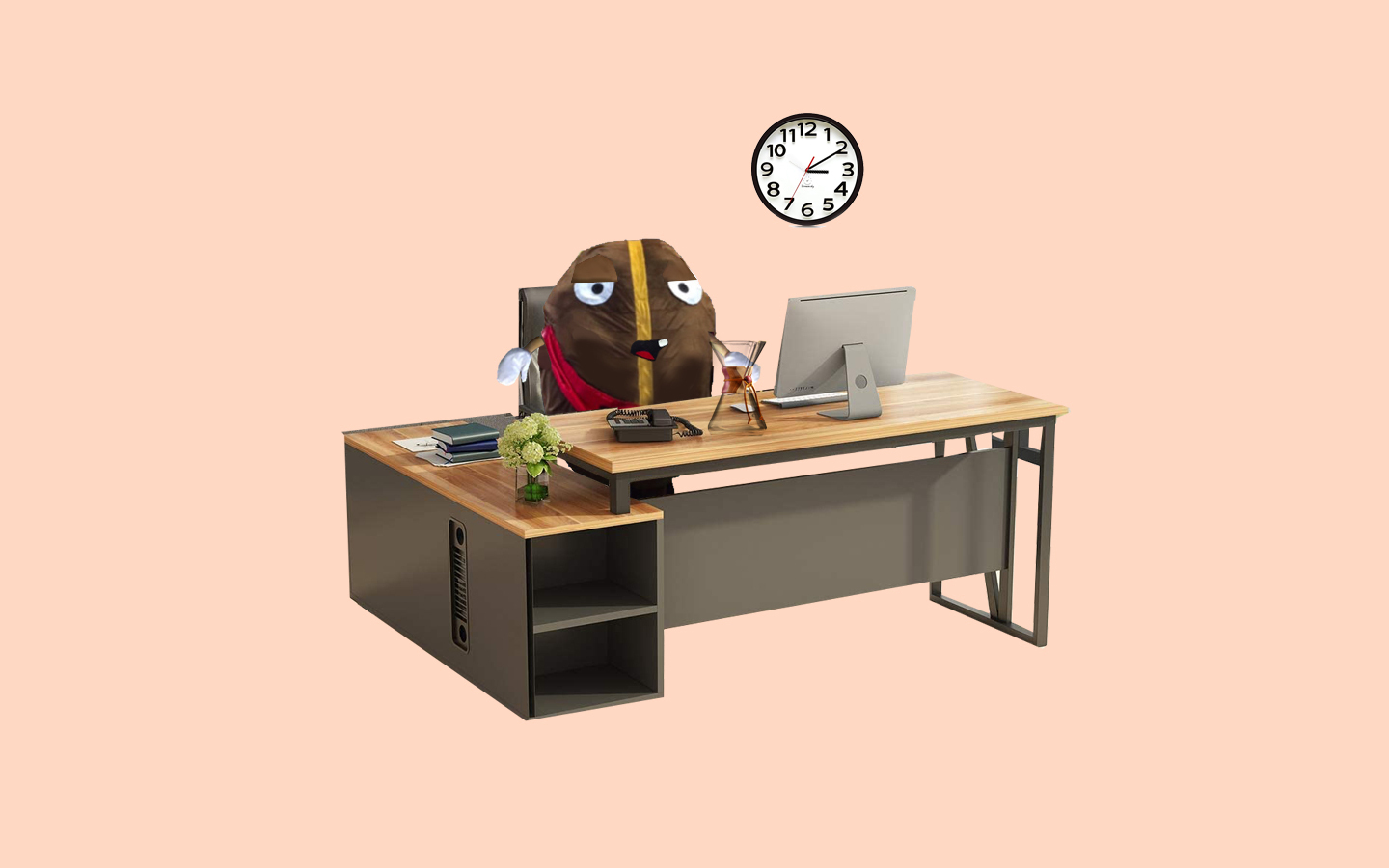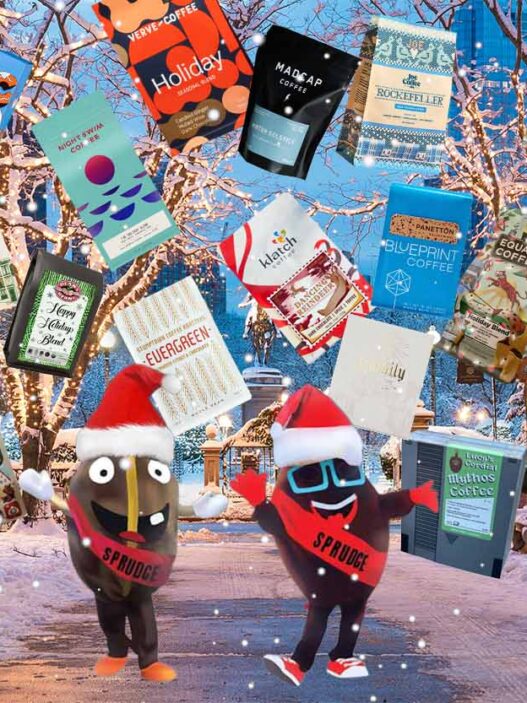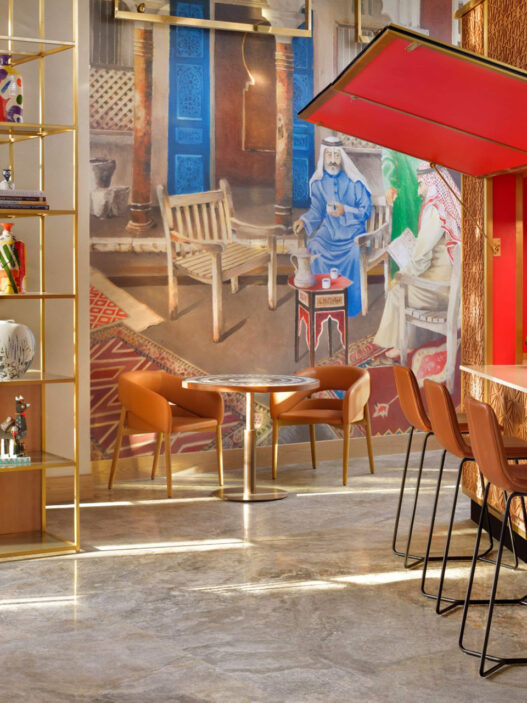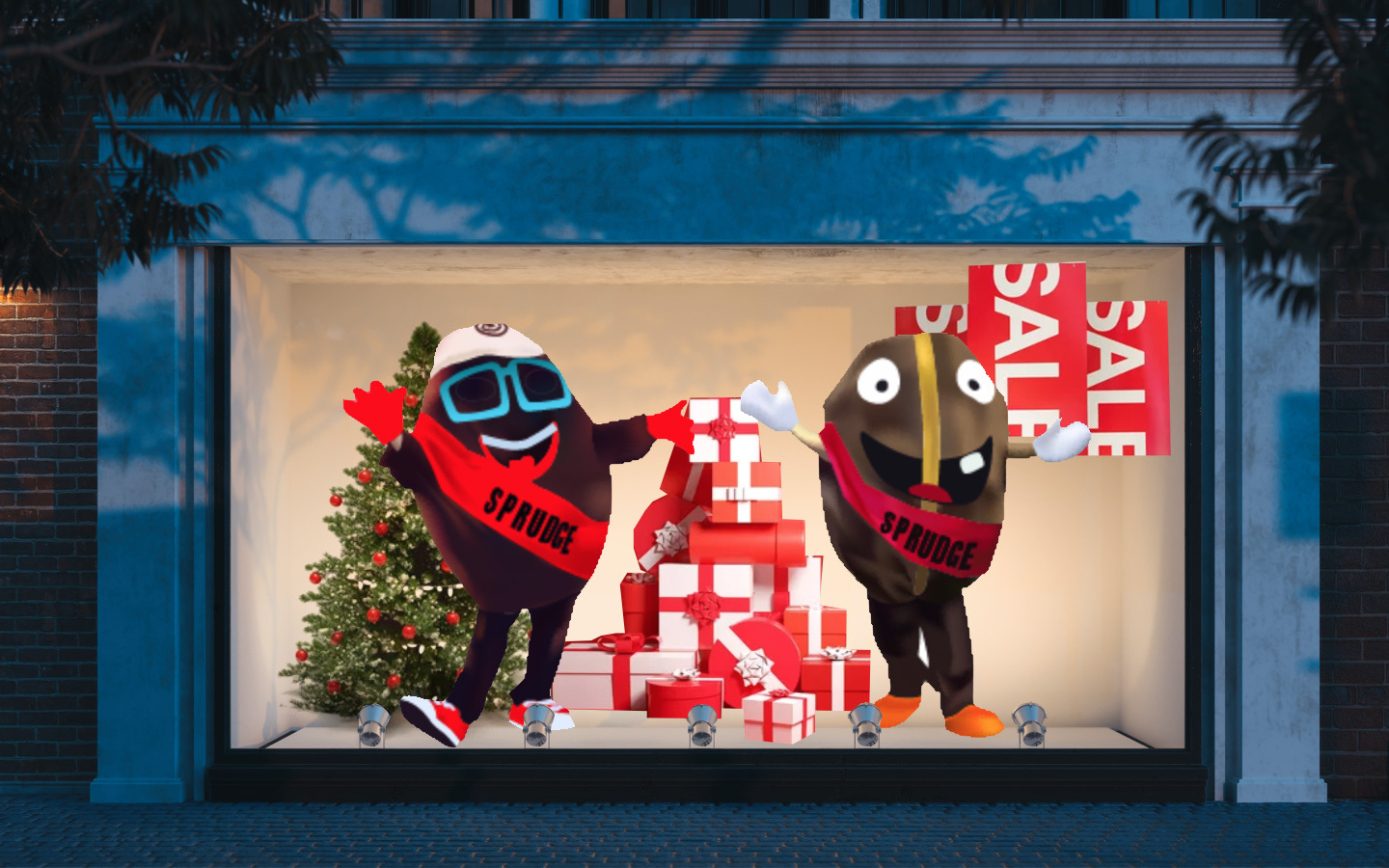In the run-up to this year’s USBC, we’re celebrating that august institution by interviewing champs from the past. Our first interview is with Sprudge pal Bronwen Serna, your 2004 USBC Champion. We asked Bronwen about what the USBC was like eight years ago, how it affected her career, and her predictions on what the USBC will look like ten years from now. Enjoy!
Sprudge: What was the scene like in 2004? Were there a lot of competitors?
Bronwen Serna: The competition scene in 2004 was just as busy as it is today – it was still relatively new, but it was exciting and something baristas looked forward to doing. There were a lot of competitors, but I would say the range of experience was definitely more varied. Currently, I feel the US has some of the most experienced baristas which makes the US competition one of the most competitive in the world. Itʼs amazing how many great baristas there are now and that many of them are still passionate and eager about their craft.
Sprudge: What was your signature drink? How was it received?
Bronwen: It was essentially a variation on a macchiato called “Sweetness”. It had honey, chocolate, espresso, and deliciously heavy milk/cream. Even though it isnʼt a very complicated beverage, the taste is there and itʼs appealing on all levels – who doesnʼt like something a little sweet? I created it because I wanted to be able to serve it to our customers and itʼs something that you can do easily in a cafe setting. What was ʻdifficultʼ about the drink was trying to find the right kind of honey and chocolate to pair with the coffee so that those ingredients didnʼt overwhelm it, but really complement it.
Sprudge: On a scale of 1-10, how much has changed in the last decade?
Bronwen: 10!!! I feel it has improved from a logistical standpoint, but even more so from an experiential standpoint. As a competitor, itʼs so much easier to really focus on your competition and make it reflect who you are as a barista because theyʼve improved the logistics of how you compete. I feel that the baristas with each competition continue to be inspired and more creative, so over the years they become more interesting to watch. Also, the community has grown, become more cohesive, and gained more attention which I think is the best aspect of the growth of the competitions.
Sprudge: If it continues, where do you see the competition going in ten years from now?
Bronwen: If it does continue, I definitely see it going toward something similar to the Bocuse DʼOr culinary competition in France and/or team competitions. I would love to see team competitions added to the mix – it really highlights not only the social aspect of our craft, but how important we also learn from each other and work together.
Sprudge: How has competition changed your career?
I canʼt lie, it definitely has helped with opportunities. However, where I feel it has helped me the most is highlighting the craft of being a barista, educating the public, and getting them more excited about specialty coffee.




